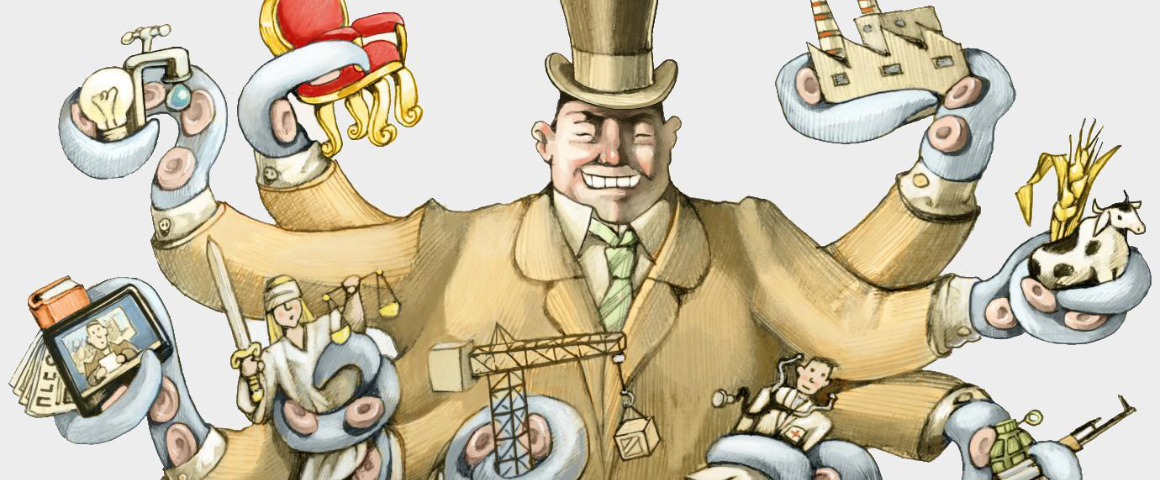By Adrien Welsh
The recent byelections in Winnipeg’s Elmwood-Transcona and Montreal’s LaSalle – Émard – Verdun confirm that the Liberal Party is suffering from the wear and tear of power, and are paying for their inability to respond to working people’s needs over the last few years of crisis.
The NDP is also paying for its two years of benevolent loyalty to the Trudeau government, while the Conservatives are running riot, scoring points even among the working class.
In the Montreal riding, a long-standing Liberal stronghold, the Bloc Québécois won by barely 200 votes over the defeated Liberal candidate. The NDP candidate, a local personality, also fared relatively well. With only a few hundred votes separating them, these three parties are in a dead heat – so, opposition to the Liberals is mainly divided between the NDP and the Bloc.
Apart from the Quebec City area and the Beauce – a region of landowners and cross-border traders – the Conservative Party is struggling to put down roots in Quebec. Some Conservatives are pleased to vote for the Bloc on the basis of narrow nationalism, while some social democrats support the BQ to punish the NDP for its recent support for the Liberal Party as well as its ambiguous position on the national question.
With the Conservatives pushing bring the minority government down, it is clear that the Liberals will have to trade alliances according to the pressures of the moment. The Bloc’s strength – which reflects, among other things, the resurgence of nationalist discourse in Quebec in the context of crisis – presents a major challenge to the Liberal Party as it oscillates between its “social” wing, which is more inclined to ally itself with the NDP, and its “identity fringe” which sees itself as the true nationalist Quebec section of the Conservative Party.
The majority of big business seems to agree on the need for “regime change” in Ottawa. During the COVID period, the watchwords were stability and interventionism. But now, the bosses are getting impatient and are pushing for draconian measures to increase military spending to the level demanded by NATO, cut public investment and impose privatizations to open up new opportunities for corporate monopolies, and to impose lower wages and working conditions in order to profit from a global capitalist economy that is increasingly stressed as it sheds its connections with China.
In most of the country, the Conservative Party is viewed as the best option for carrying out this offensive. But the same cannot be said for Quebec, where monopoly capital has not yet settled on its latest political protégé. Political alignments here are more volatile.
Throughout 2023 and the early months of 2024, the ruling Coalition Avenir Québec (CAQ) was sliding toward the electoral abyss. The Parti Québécois (PQ) was the main beneficiary of this until polls in August gave new hope back to François Legault’s CAQ. The Liberal Party of Quebec’s lacklustre leadership race a year ago has been boosted by a proliferation of new candidates including the former CEO of the Fédération des chambres de commerce du Québec, former Mayor of Montreal Denis Coderre and, more recently, Pablo Rodriguez, Minister of Transport and Trudeau’s “Quebec lieutenant.” Québec solidaire (QS) is finding it increasingly difficult to make a serious impact, both with the working class and with employers.
But the bosses see little or no value in making a political shift, preferring the original (Legault’s “pragmatism”) to the copy. So, cornered but certainly not defeated, the Legault government has allowed itself to interfere a little in federal politics, by pressuring the PQ to call on its counterparts in the Bloc to depose the Trudeau government.
Legault would clearly prefer a Conservative government in Ottawa, something he made clear during the 2021 federal campaign. Today, he imagines that all the failures of the current federal government could be resolved with Poilievre as Prime Minister. His thinking is like that of Quebec conservatives 40 years ago, who believed that Brian Mulroney had some respect for Quebec’s autonomy. But Poilievre’s politics are in the same vein as Danielle Smith, the Freedom Convoy, “Wexit” and all those forces calling for provincial autonomy except for Quebec.
Legault is also using the Bloc to embarrass the Parti Québécois. BQ leader Yves-François Blanchet seemed very comfortable with the Quebec premier’s comments, and responded by stating that he would not be voting for a non-confidence motion this time but that he would not rule it out at a later date.
And so, the questions continue to swirl. When is the next federal election? Who will win the next election in Quebec? What will the parliamentary dynamics be in the meantime?
These are difficult questions to answer, but what is clear is that we can expect all kinds of upheavals including surprising and unusual alliances. One thing is certain, though: none of these alliances will be in the interests of the working class or the people so long as they do not engage in an organized and political struggle against all elements of monopoly power – including within bourgeois parliaments.
Adrien Welsh is leader of the Parti communiste du Québec
Support working-class media!
If you found this article useful, please consider donating to People’s Voice or purchasing a subscription so that you get every issue of Canada’s leading socialist publication delivered to your door or inbox!
For over 100 years, we have been 100% reader-supported, with no corporate or government funding.




